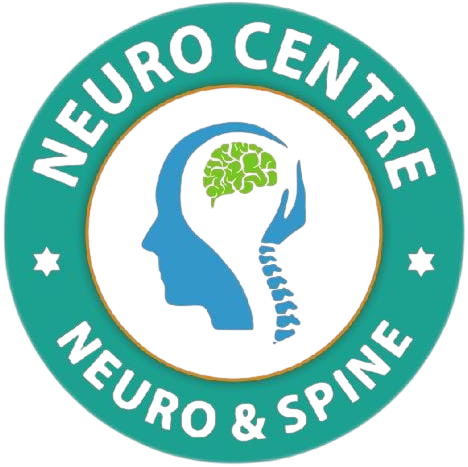media1

Groundbreaking Research on Early Detection of Alzheimer's
Epilepsy affects more than 50 million people globally, yet early and accurate diagnosis remains one of the greatest challenges in managing the condition—especially in individuals with subtle or non-convulsive seizures. Researchers at [Neuro-Center Name] have made a major breakthrough that could revolutionize early detection and personalized treatment of epilepsy and related seizure disorders.
The Study at a Glance
Published in Neurology Today, the multi-center study tracked over 800 individuals identified as being at high risk for seizure disorders. Using a combination of high-resolution EEG mapping, functional MRI, and AI-powered pattern recognition, our team identified a unique bioelectrical signature—called Preictal Network Disruption (PND)—that can appear months or even years before the first clinical seizure.
The Study at a Glance



Why This Matters
Traditionally, epilepsy is diagnosed only after a person experiences a seizure and undergoes clinical testing. This reactive approach often delays proper treatment and increases the risk of injury or neurological damage. The discovery of PND could:
Enable proactive monitoring in at-risk individuals
Reduce time to diagnosis from months to weeks
Improve seizure prediction and early intervention planning
“This is a game-changer,” said Dr. Hassan Rafiq, Director of Epilepsy Research at the Neuro-Center. “For the first time, we can detect the brain’s instability toward seizures before the storm hits.”







